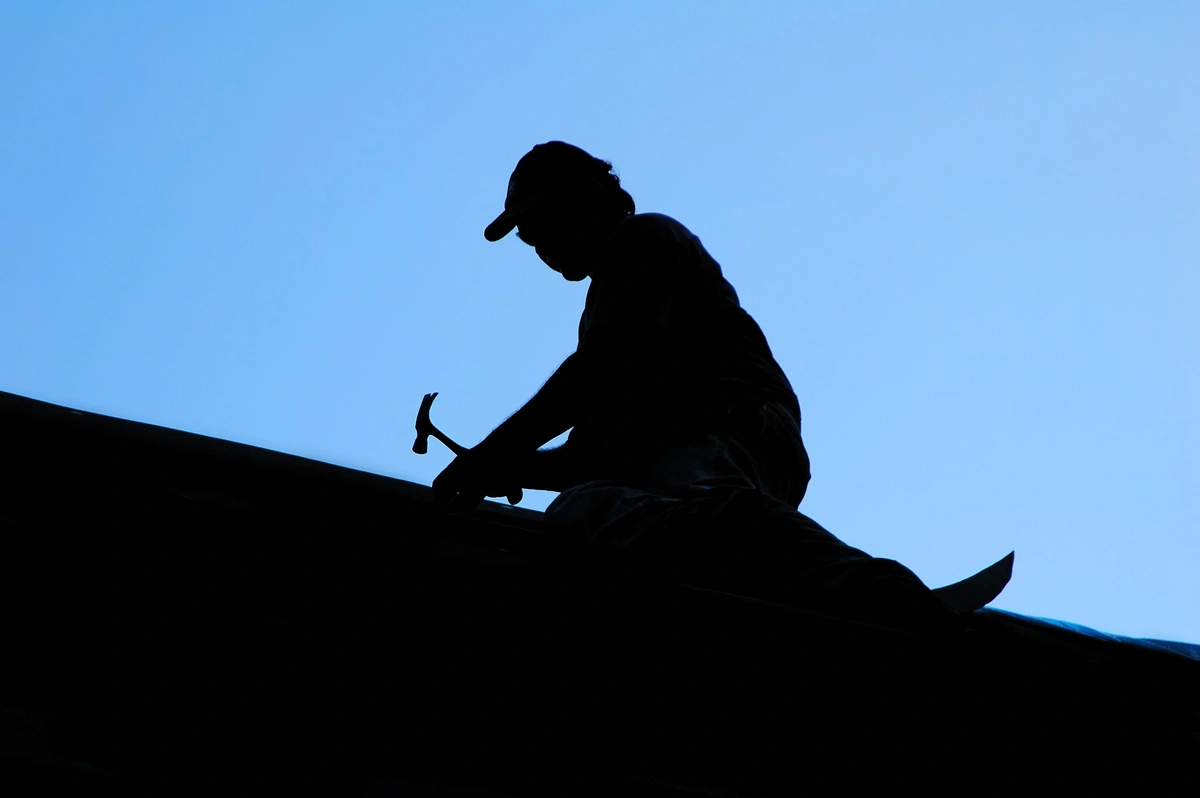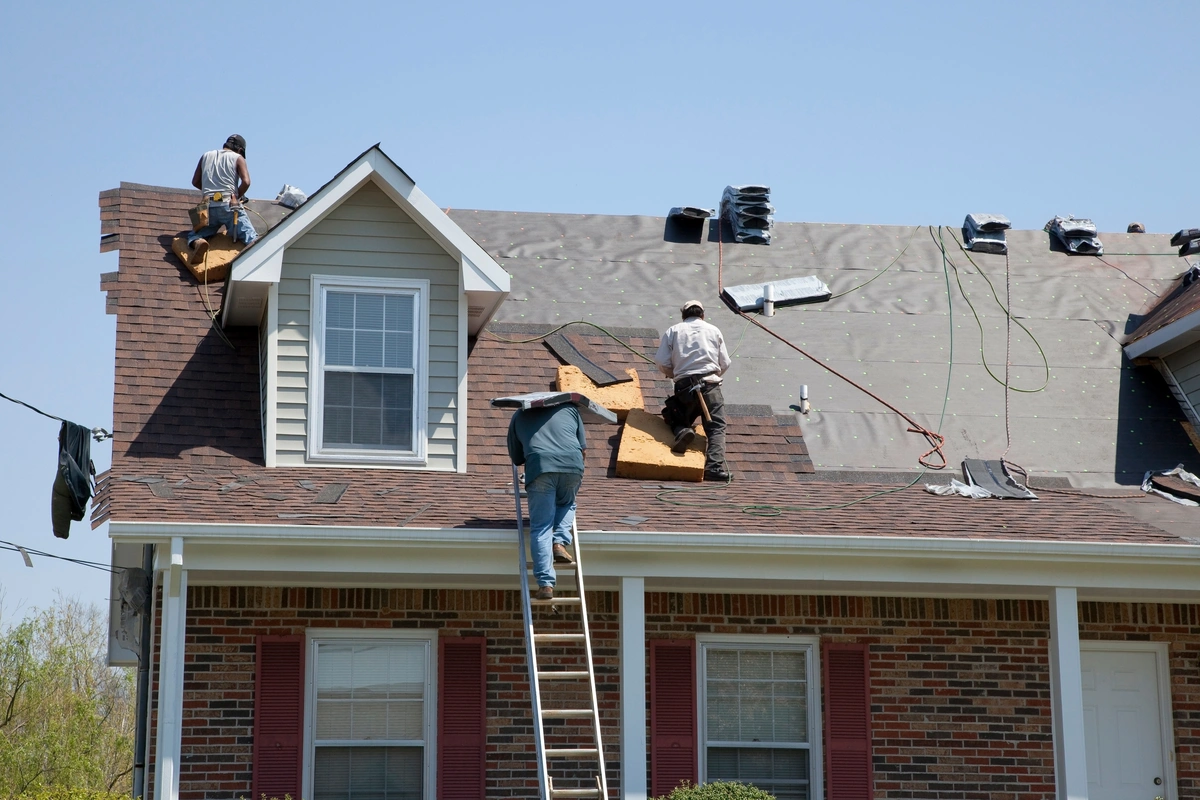Your roof is one of the most critical components of your home. Not only does it protect you from the elements, but it also contributes to your home’s overall structural integrity and energy efficiency. However, replacing or repairing a roof can be a significant financial investment.
Fortunately, roof financing options can help homeowners manage the costs associated with roof maintenance and replacements. In this detailed guide, we’ll explore:
- What roof financing is
- Why it’s beneficial
- The different types of financing available
- How to apply for it
- The typical costs associated with roof replacements
What is Roof Financing?
Roof financing refers to the various financing options available to homeowners to cover the costs of repairing, replacing, or installing a new roof. It allows homeowners to spread the expenses over time, making it more manageable to afford necessary roof repairs or replacements without putting a strain on their finances.
Why Roof Financing is Good for Your Roof
Investing in your roof through financing offers several advantages:
- Timely Repairs: Roof financing allows homeowners to address roofing issues promptly, preventing minor problems from escalating into more significant and costly issues.
- Enhanced Property Value: A well-maintained roof can increase the value of your home and improve its curb appeal, making it more attractive to potential buyers.
- Energy Efficiency: Financing roof upgrades, such as installing energy-efficient materials, can lead to long-term energy savings by reducing heating and cooling costs.
- Peace of Mind: Knowing that your roof is in good condition and protected against leaks and other damage can provide peace of mind for you and your family.
5 Different Types of Roof Financing
Several financing options are available to homeowners for roof repairs or replacements:
1) Personal Loans:
Personal loans from banks or online lenders can provide homeowners with the funds needed for roof projects. These loans typically have fixed interest rates and repayment terms.
2) Home Equity Loans:
Homeowners can borrow against the equity in their homes to finance roof repairs or replacements. Home equity loans often have lower interest rates than personal loans because they are secured by the value of the property.
3) Home Equity Lines of Credit (HELOCs):
HELOCs allow homeowners to borrow against the equity in their homes on an as-needed basis. They function similarly to credit cards, with a predetermined credit limit and variable interest rates.
4) Roofing Contractor Financing:
Some roofing companies offer financing options directly to homeowners, allowing them to finance their projects through the contractor. These financing plans may have special promotional offers, such as zero-interest financing for a certain period.
5) Government Loans and Grants:
In some cases, homeowners may qualify for government-sponsored loans or grants to fund roof repairs or replacements, particularly if the project involves energy-efficient upgrades.
How to Apply for Roof Financing
Applying for roof financing involves several steps:
- Assess Your Financial Situation: Determine how much you can afford to borrow and what monthly payments you can comfortably make.
- Research Financing Options: Explore the various financing options available to you, comparing interest rates, terms, and fees.
- Gather Documentation: Prepare the necessary documentation, such as proof of income, credit history, and property ownership, to submit with your loan application.
- Submit Applications: Apply for financing through your chosen lender or roofing contractor, providing all required information and documentation.
- Review Offers: Review the loan offers you receive, paying attention to interest rates, repayment terms, and any additional fees.
- Accept the Best Offer: Once you’ve selected the most favorable financing option, accept the loan offer and complete any remaining paperwork.
How Much Does a Roof Replacement Cost?
The cost of a roof replacement can vary widely depending on various factors, including the size and complexity of the roof, the materials used, and the location of the home. On average, homeowners can expect to pay between $5,000 and $10,000 for a standard asphalt shingle roof replacement. However, prices can range from as low as $1,500 for a small, simple roof to upwards of $30,000 for a large, high-end roof with premium materials.
Here’s a breakdown of typical costs associated with roof replacements:
- Materials: The cost of roofing materials, such as asphalt shingles, metal roofing, or clay tiles, can vary significantly. High-quality materials will typically cost more but offer better durability and longevity.
- Labor: The cost of labor for roof replacement will depend on factors such as the complexity of the job, local labor rates, and the experience of the roofing contractor. Labor costs typically account for a significant portion of the total project cost.
- Additional Services: Depending on the condition of the existing roof and any necessary repairs or upgrades, homeowners may incur additional costs for services such as tear-off and disposal of old roofing materials, roof decking replacement, and installation of ventilation or insulation.
- Permits and Fees: Homeowners may need to obtain permits from their local building authority for roof replacements, which can incur additional fees.
Talk to Us About a Roof Loan
Roof financing provides homeowners with a flexible and convenient way to finance necessary roof repairs or replacements without depleting their savings. By understanding the different financing options available, homeowners can make informed decisions about how to best protect their investment in their homes. Whether through personal loans, home equity financing, or contractor financing, there are options available to suit every homeowner’s needs and budget. Investing in your roof through financing not only ensures the continued integrity and safety of your home but also contributes to its long-term value and energy efficiency.
Contact Trojan Roofing to learn about your roof loan options!



